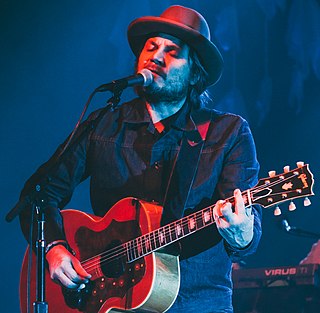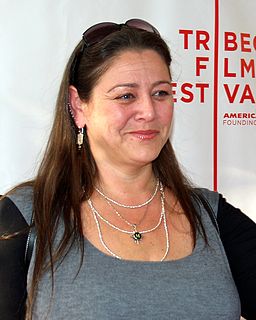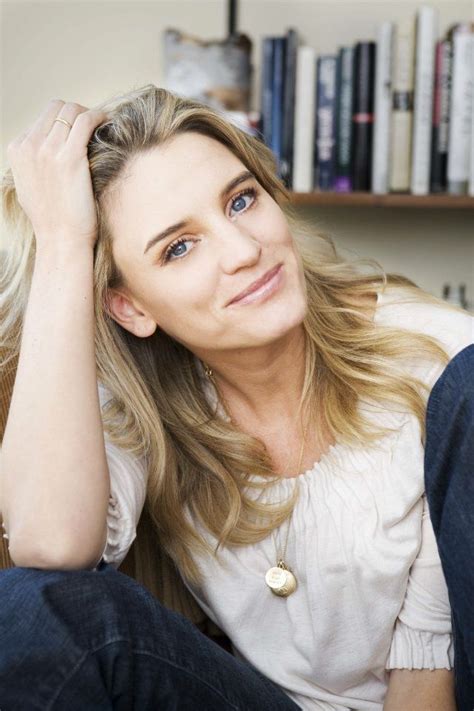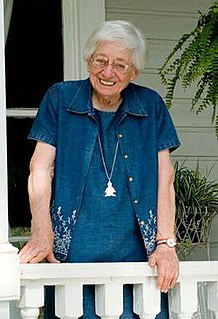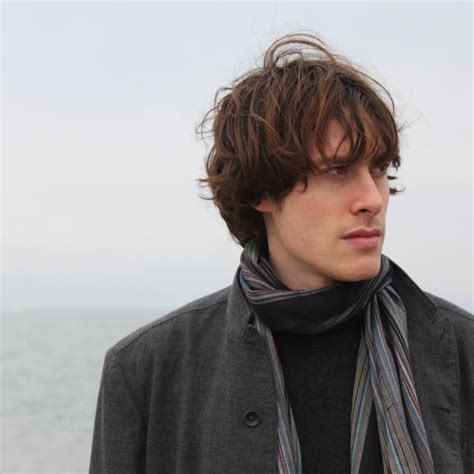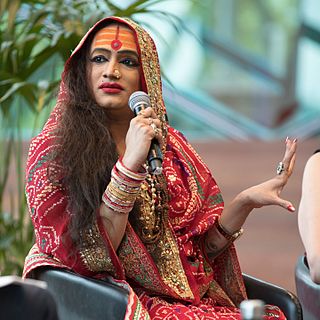A Quote by Gabrielle Zevin
A question I’ve thought about a great deal is why it is so much easier to write about the things we dislike/hate/acknowledge to be flawed than the things we love.
Related Quotes
The thing that has always baffled me about people's perception of my writing is the sense that I'm a very controversial, opinionated, polarizing person. I feel like I write about things that I'm interested in, and I describe why they're interesting to me. I could be negative, I guess. It's far easier to write why something is terrible than why it's good.
I do think there's a great deal of politics mixed in rap. Their reference to the real world is much better than most, particularly a lot of women who seem like all they do is sing about love. Love is such a fleeting emotion. It's such a small part of the things you do in your life. I don't understand why that's all they concentrate on, except that that's what they're encouraged to do, because if you keep thinking about love, you'll be less of a challenge. I like that about rap. It's got power to it.
One can write out of love or hate. Hate tells one a great deal about a person. Love makes one become the person. Love, contrary to legend, is not half as blind, at least for writing purposes, as hate. Love can see the evil and not cease to be love. Hate cannot see the good and remain hate. The writer, writing out of hatred, will, thus, paint a far more partial picture than if he had written out of love.
It's far easier to write why something is terrible than why it's good. If you're reviewing a film and you decide "This is a movie I don't like," basically you can take every element of the film and find the obvious flaw, or argue that it seems ridiculous, or like a parody of itself, or that it's not as good as something similar that was done in a previous film. What's hard to do is describe why you like something. Because ultimately, the reason things move people is very amorphous. You can be cerebral about things you hate, but most of the things you like tend to be very emotive.
I try to write about real women, real people - in other words flawed characters. I find flawed characters much more interesting than perfect ones and enjoy the challenge of making readers root for them in spite of their unsympathetic path and destructive choices. Life is about the gray areas. Things are seldom black and white, even when we wish they were and think they should be, and I like exploring this nuanced terrain.
I love thinking about things subtextually and I actually - like for instance when I write, I actually, I'm not very analytical about it. I don't ever deal with the subtext because I just know it's there so I don't have to deal with it. I just keep it about the scenario. I keep it on the surface, on my concerns. And one of the fun things is is when I'm done with everything, like now, for instance.
I think we need to be put back in touch with our childhood...to be reminded of what's important, like memories about people we loved, or things that happened to us that affected our lives, things we can laugh about and shed a few tears about... I think storytelling is a way of saying 'I love you. I love you enough to tell you something that means a great deal to me.'
The best books, they don’t talk about things you never thought about before. They talk about things you’d always thought about, but you didn’t think anyone else had thought about. You read them, and suddenly you’re a little bit less alone in the world. You’re part of this cosmic community of people who’ve thought about this thing, whatever it happens to be.
I was a sick child, I was scared, and honestly speaking, I never thought about why I didn't tell anyone about my abuse. Abuse victims don't have all the answers, and I never thought it was abuse. My generation was totally different. Now a small child knows many things, much more than what we knew. When I understood it was not right, it was much later.





